Research consistently shows disabled people overwhelmingly want the option to work from home. Nine in 10 disabled workers surveyed who worked from home during the pandemic want to continue doing so at least some of the time, according to a YouGov poll by the TUC. Meanwhile, a study by the Work Foundation think-tank at Lancaster University in 2022 found over 80% of disabled workers surveyed thought remote working would be “essential” or “very important” when looking for a new job, while 66% ideally wanted to work from home 80-100% of the time. It’s no wonder; 70% said that not being allowed to work remotely would negatively affect their health.
It might feel nerve-wracking to ask for accommodations at work but know that you have every right to. If you have a disability, you can request remote working – or any flexible working pattern, such as part-time hours – as what’s called a “reasonable adjustment” under the Equality Act. Your employer does not have to agree with every request, but if yours is reasonable and necessary for you to do your job, they are legally required to. You can do this just after you’ve been offered a job or when you already have one.
Before speaking to your employer, you may want to make a list of your duties at work and note why remote working would benefit you. A savvy employer will jump at the chance to help you be more productive. If you meet resistance, talk to your union or join one; they can help explain and defend your rights at work.
If you’re currently looking for accessible or remote work, there are a host of great employment services dedicated to supporting you. Try the accessible job-hunting site Evenbreak or Astriid, a charity that helps connect people with long-term health conditions with employers and accessible work opportunities.
Companies such as VERCIDA specialise in making the workplace more inclusive, including helping disabled jobseekers and those seeking remote working. Accessible employment platform Patchwork Hub connects “hidden talent” such as disabled professionals with flexible jobs. Elsewhere, Toucan Employment specialises in supporting people with autism or learning disabilities into work, and MyPlus Students’ Club helps graduates with disabilities find their dream job.
Employers who permit remote working aren’t giving an act of altruism – they’re embracing a smart way to help retain and bring in disabled talent. If you’ve been looking for a more accessible way to work, why not look into remote working? Banana bread not required.
About the author
Frances Ryan is an award-winning Guardian columnist whose work has appeared on the front page of the New York Times, on Channel 4 and in British Vogue. She has twice been highly commended at the National Press Awards. She is author of Crippled (2019) and the upcoming Who Wants Normal? (2025).
















